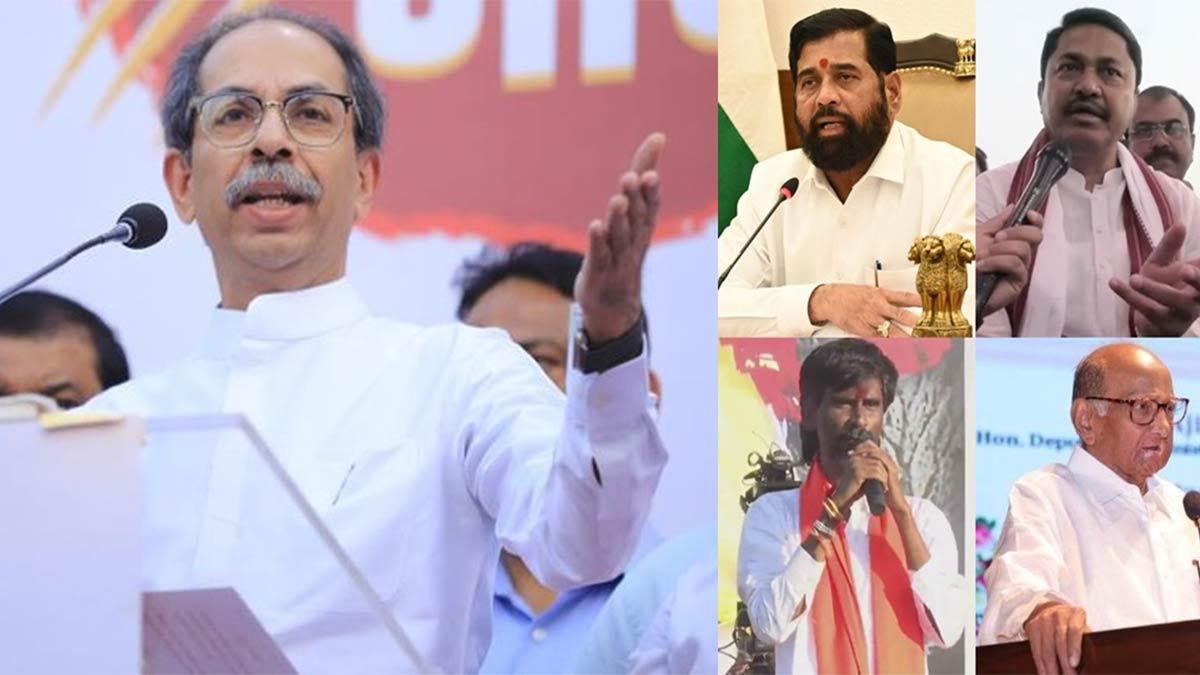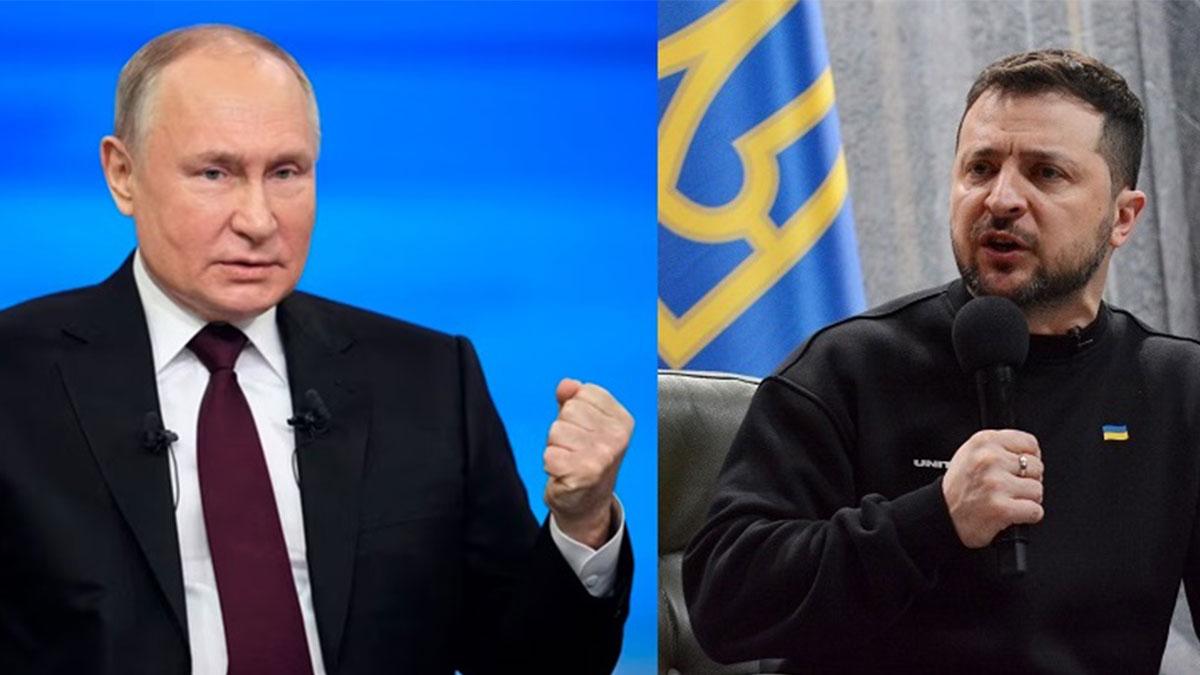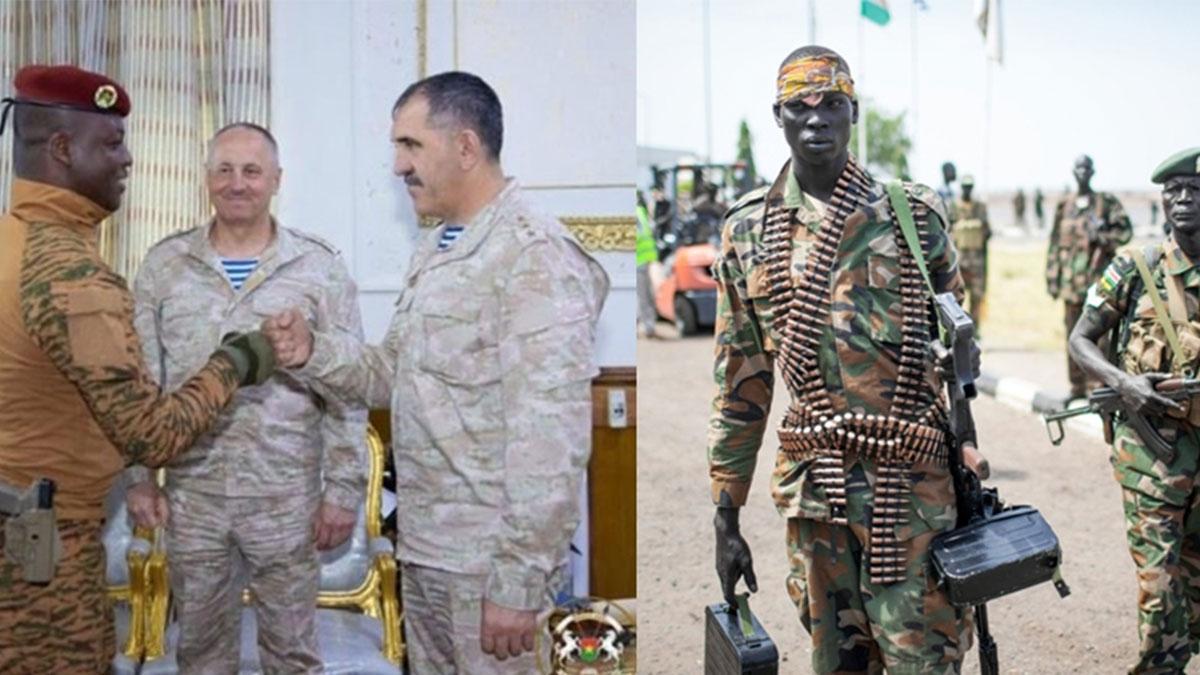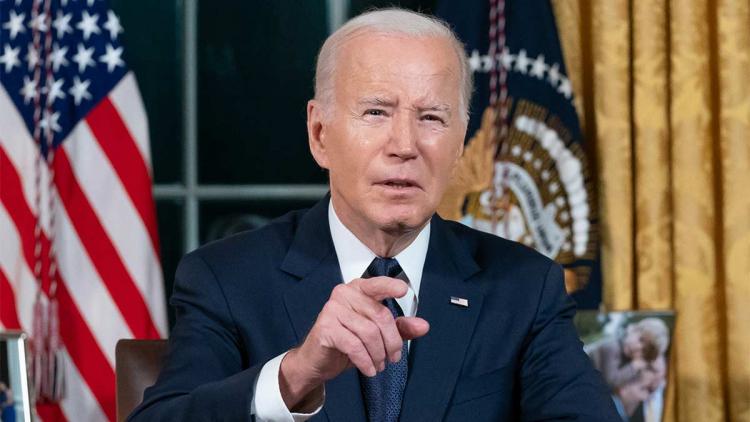Sometimes in favour of militant outfits, occasionally against government or political personalities, on a few occasions on controversial issues, social media posts now and then put people behind the bars, but some men and women continue to post in various social media on various issues.
Social media experts said that there are both positive and negative sides in the social media posts. However, like the traditional media there must be a controlling and monitoring authority for the social media to curb the destructive and harmful posts.
A young wushu player and boxer Maina Chutia, 23, college students Barshashree Buragohain, 19, Bitupan Changmai, 22, Pramod Kalita, 22 were separately arrested in Assam since May this year for allegedly commenting in Facebook posts in support of banned terror outfit United Liberation Front of Asom-Independent (ULFA-I) headed by Paresh Baruah.
Many people criticised the government for arresting them, while their families claimed that their poems and posts were not provocative.
The poem written by Barshashree has no direct reference to the terror outfit. However, the FIR against her mentioned that the poem was an implicit endorsement of the ULFA-I, a banned extremist organisation, and pointed towards a larger "criminal conspiracy" and "intent to wage war against the Indian government".
Barshashree, who was accused of "supporting" ULFA-I, was granted bail recently by the Gauhati High Court.
Following criticism from a large section of people, Chief Minister Himanta Biswa Sarma had said: "Barshashree was given protection from destroying her life."
"One must remember many people have been given death sentences in the ULFA-I camp, which may not be even known to the outfit leader Paresh Baruah."
Sarma added: "The girl was repenting for her action and the family has also assured that they will take care so that she should not indulge in such type of activities in future."
Also Read | Sardar Vallabhbhai Patel vs Jawaharlal Nehru: Hype vs Reality
The Assam police under the Cyberdrome Project monitored social media platforms and found 990 "objectionable posts" by such brainwashed youths during 2021-2022.
The Chief Minister recently said in the Assembly that on the basis of such posts, the police have registered around 100 cases across the state and 85 people were arrested while 581 others were counselled in the presence of their parents and guardians.
Around 400 social media posts were removed from different platforms, he had told the House.
The Assam police in April last year had arrested Guwahati based writer Sikha Sarma for allegedly making controversial comments against Martyrs on social media.
Police officials said that the 48-year-old Assamese writer was arrested on various charges including sedition for her alleged Facebook post on security forces after 22 security personnel were killed in a Maoist attack in Chhattisgarh in early April last year.
Sarma was arrested following an FIR lodged by two lawyers -- Umi Deka Baruah and Kangkana Goswami.
Police officials said that she was arrested on charges of sedition, violation of the Information Technology Act and under other sections of the Indian Penal Code.
According to the police Sarma had allegedly written on Facebook : "Salaried professionals who die in the line of duty cannot be termed martyrs. Going by that logic, electricity department workers who die of electrocution should also be labelled martyrs. Do not make people sentimental, the media."
In her Facebook page, Sarma, who was later granted bail by the court, said: "Isn't it a crime to harass me by giving the wrong interpretation of my posts? Will they come under the law for the false slander against me?"
Assam Congress leaders had said the law will take its own course as police have arrested Sarma, but some people have threatened to gang rape her and police should also take action against them.
The Gauhati High Court released her on bail of Rs 30,000 with conditions, directing her to refrain from committing any similar offence in future.
In Manipur, activists Erendro Leichombam and Wangkhemcha Wangthoi were arrested under the National Security Act (NSA) in July last year for his Facebook post criticising BJP leaders for advocating cow dung and cow urine as a cure for Covid-19.
Subsequently, the Supreme Court and the Manipur High Court ordered the release of Leichombam and Wangthoi respectively.
The duo were arrested following a complaint filed against Leichombam and Wangthoi by Manipur state BJP vice-president Usham Deban and general secretary P. Premananda Meetei, accusing both the activists of posting "offensive comments" referring to the death of state BJP president Saikhom Tikendra Singh, who succumbed to Covid-19 in a hospital in Imphal on May 13 last year.
Leichombam and Wangthoi had been arrested twice earlier on charges of sedition and for making various posts on social media against the government.
Leichombam, educated abroad, is the founder of the People's Resurgence and Justice Alliance, a political party whose candidate in the 2017 Manipur elections included rights activist Irom Sharmila. He had also unsuccessfully contested the Assembly polls in 2017.
Rights activists and various Manipur-based organisations and elsewhere in the country had then criticised the government for "overreacting".
Social media and security expert Mans Paul said that like the traditional and institutional media, there must be a controlling authority and mechanism to curb the destructive, depressing and harmful posts, photographs and visuals.
"However, social media posts are always not harmful and destructive, sometimes these posts do constructive criticism and properly guide the traditional and institutional print and electronic media," Paul, who authored a few books on security affairs, told IANS.
Also Read | Ready to risk their lives for 15 seconds of YouTube fame
He said that some people with a purpose and plan make posts in social media, but some people without knowing a particular issue and event randomly make posts in various social media.
During Durga Puja festivities last year and after incidents of communal violence in Bangladesh, provocative social media posts both in Bangladesh and India created some unrest on both sides of the border.
As per media reports, mob violence erupted in Comilla in October last year after unconfirmed posts went viral on social media about the alleged desecration of the Quran at a Durga Puja venue, following which Hindu temples were vandalised.
Reports quoting Rana Dasgupta, general secretary of the Bangladesh Hindu-Buddha Christian Oikya Parishad, said in the communal violence in Bangladesh at least six people were killed and many injured, while at least 70 Hindu temples and scores of houses and property were damaged in six districts across that country.


















